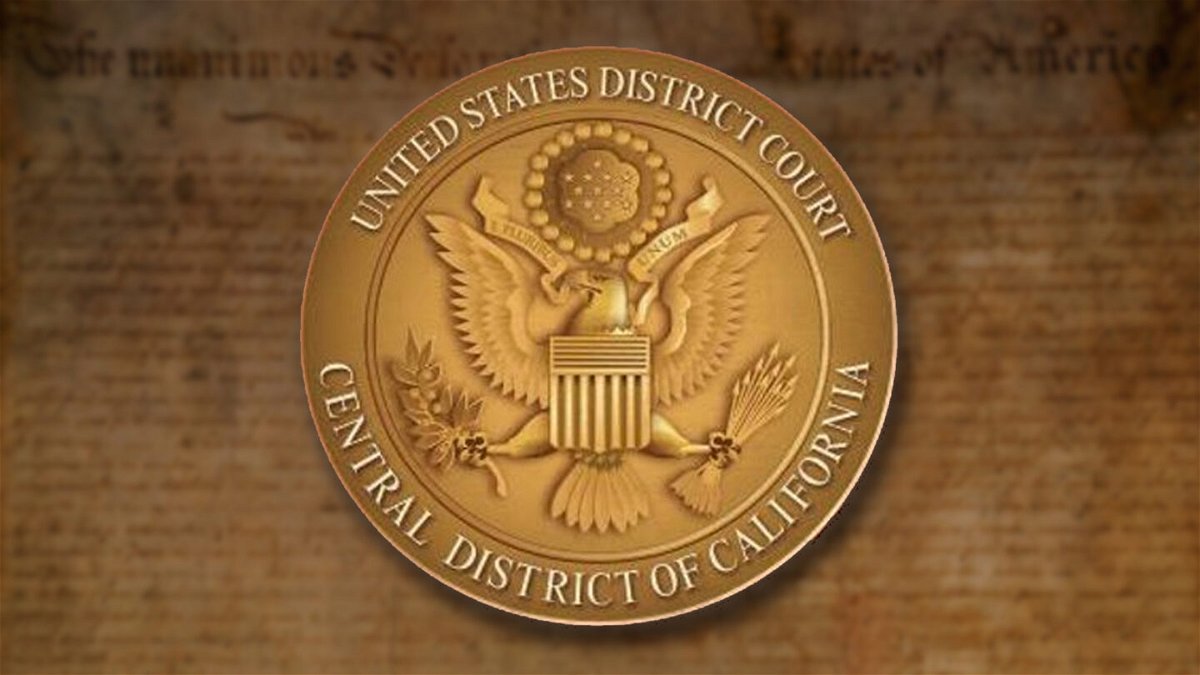Experian agrees to injunction and $650,000 civil penalty over commercial emails to customers

SANTA ANA, Calif. – ConsumerInfo.com Inc., which does business as Experian Consumer Services (Experian), has agreed to a permanent injunction and to pay a $650,000 civil penalty as part of a settlement over alleged violations of federal law that requires senders of commercial emails to provide an opt-out option.
Experian shares a parent company, Experian PLC, with Experian Information Solutions Inc. which offers credit information, analytical tools, and marketing services.
The settlement, announced on Tuesday by the Justice Department and the Federal Trade Commission (FTC), resolved alleged violations of the Controlling the Assault of Non-Solicited Pornography and Marketing Act of 2003 (CAN-SPAM Act), the Controlling the Assault of Non-Solicited Pornography and Marketing Rule (CAN-SPAM Rule), and the Federal Trade Commission Act.
The initial lawsuit, filed in U. S. District Court Central District of California, centered on emails that Experian sent to consumers that had created free Experian accounts to control third-party access to their credit reports.
Experian account holders were offered the option to "freeze" their credit reports, making them inaccessible to identity thieves as well as legitimate potential creditors.
Account holders with Experian were also offered the option to "unfreeze" their credit reports in case of a legitimate inquiry, such as a credit check before a major purchase.
The complaint asserted that when Experian sent its account holders millions of commercial emails that promoted additional services without notice of or the option to opt-out of future emails, the company violated the CAN-SPAM Act and the CAN-SPAM Rule established in 2003.
“Signing up for a membership doesn’t mean you’re signing up for unwanted email, especially when all you’re trying to do is freeze your credit to protect your identity,” said Director Samuel Levine of the FTC’s Bureau of Consumer Protection. “You always have the right to unsubscribe from marketing messages, and the FTC takes enforcing that right seriously.”
The complaint further alleged that these commercial emails implied that they contained important information about the recipient's account, even though they were commercial in nature.
After receiving multiple consumer complaints, the Federal Trade Commission, using the CAN-SPAM Act of 2003, filed suit on behalf of consumers.
“Consumers have the right to opt-out of email advertising that they do not want,” said Principal Deputy Assistant Attorney General Brian M. Boynton, head of the Justice Department’s Civil Division. “The department is committed to enforcing the CAN-SPAM Act and preventing senders of commercial emails from falsely describing those emails as providing account updates or other transactional information in order to circumvent the opt-out requirements.”
The stipulated order entered on Monday, enjoins Experian from sending commercial emails that do not provide notice that the recipient can opt-out of receiving such emails in the future or an opt-out mechanism. Under the order, Experian was subject to a civil penalty judgement of $650,000.
“It is critical that consumers have the ability to opt-out of unwanted commercial emails, and such emails should not be misleading in any way,” said U.S. Attorney Martin Estrada. “This permanent injunction and civil penalty will provide relief to consumers and help to prevent future violations of the CAN-SPAM Act.”
For more information about the Department of Justice's Consumer Protection Branch and its enforcement efforts, visit their website.
